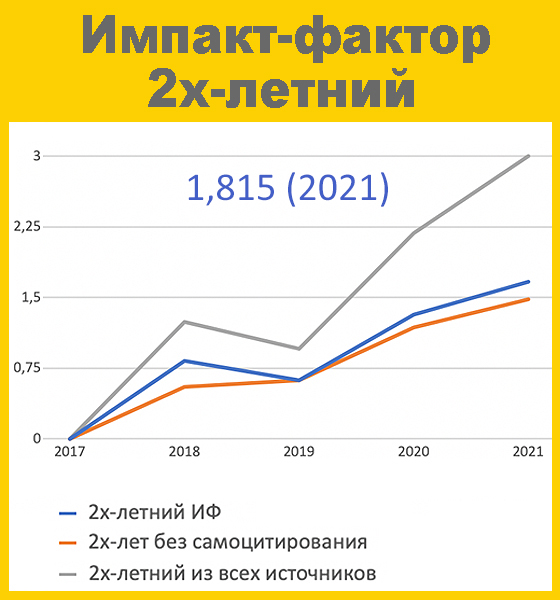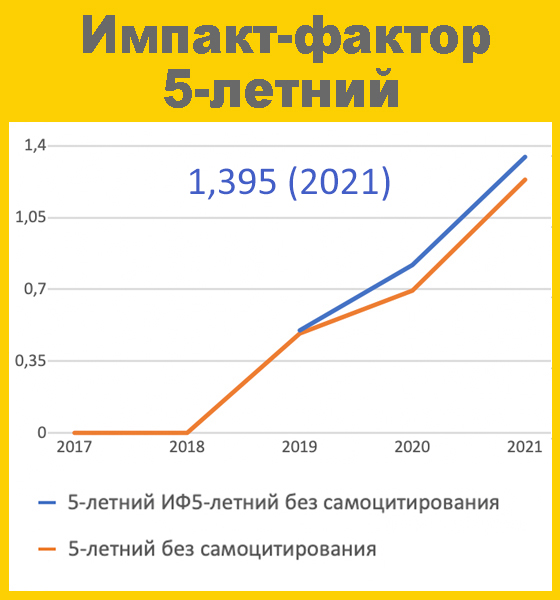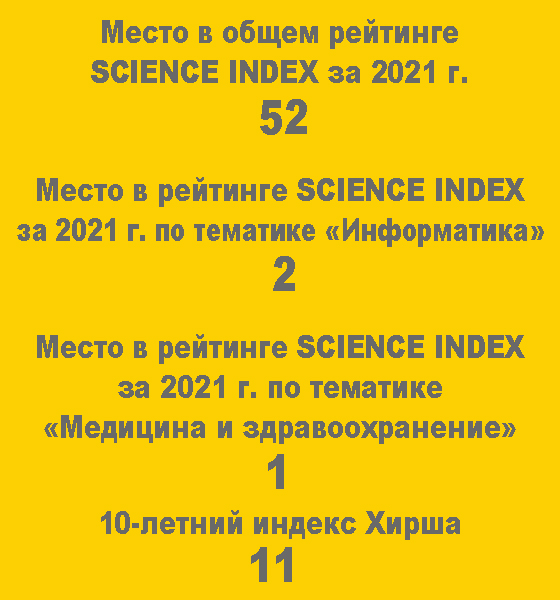Artificial intelligence for cardiovascular risks assessment DOI: 10.29188/2542-2413-2018-4-3-85-90
A.V. Gusev1, T.Yu. Kuznetsova2, I.N. Korsakov1
- 1 Complex Medical Information Systems Company (K-MIS)
- 2 Petrozavodsk State University, Petrozavodsk, Russian Federation
 1557
1557 Cardiovascular disease (CVD) is one of the leading causes of death and disability in most countries of the world, including Russia. According to Russian Federal State Statstics Service (Rosstat) in 2016, 904 thousand people died from diseases of the circulatory system in Russia, which amounted to 47.8% in the structure of the causes of mortality. A significant proportion of this morbidity and mortality could be prevented through early diagnosed and prevention strategies, both for people with established disease and for those at high risk of developing disease. The challenge is to ensure a smooth transition from inpatient to outpatient care and to improve the education of all patients. Despite the current world clinical guidelines, which clearly indicate the sequence of actions of the doctor, including the obligation to objectively assess the data on the state of health, to identify risk factors, to determine the cardiovascular risk in a particular patient, and then offer treatment to reduce this risk, but the mass full-fledged identification of risk factors and the overall risk assessment of CVD is not currently carried out in Russia. Artificial Intelligence (AI) tools have advanced enough so that they can be integrated into decision support systems for real applications and are impacting decision making in substantive ways. This paper reviews decision making theories and AI tools and the intelligent decision systems that result from the integration of these concepts. This system could be embedding into any medical information system with electronic medical records (EHR) and using data mining, data extraction including data from unstructured medical records, to provide automatic identification of risk factors and risk assessment of cardiovascular diseases of the patient.
Conflict of interest. The author declare no conflict of interest
| Attachment | Size |
|---|---|
| Download | 230.07 KB |










































